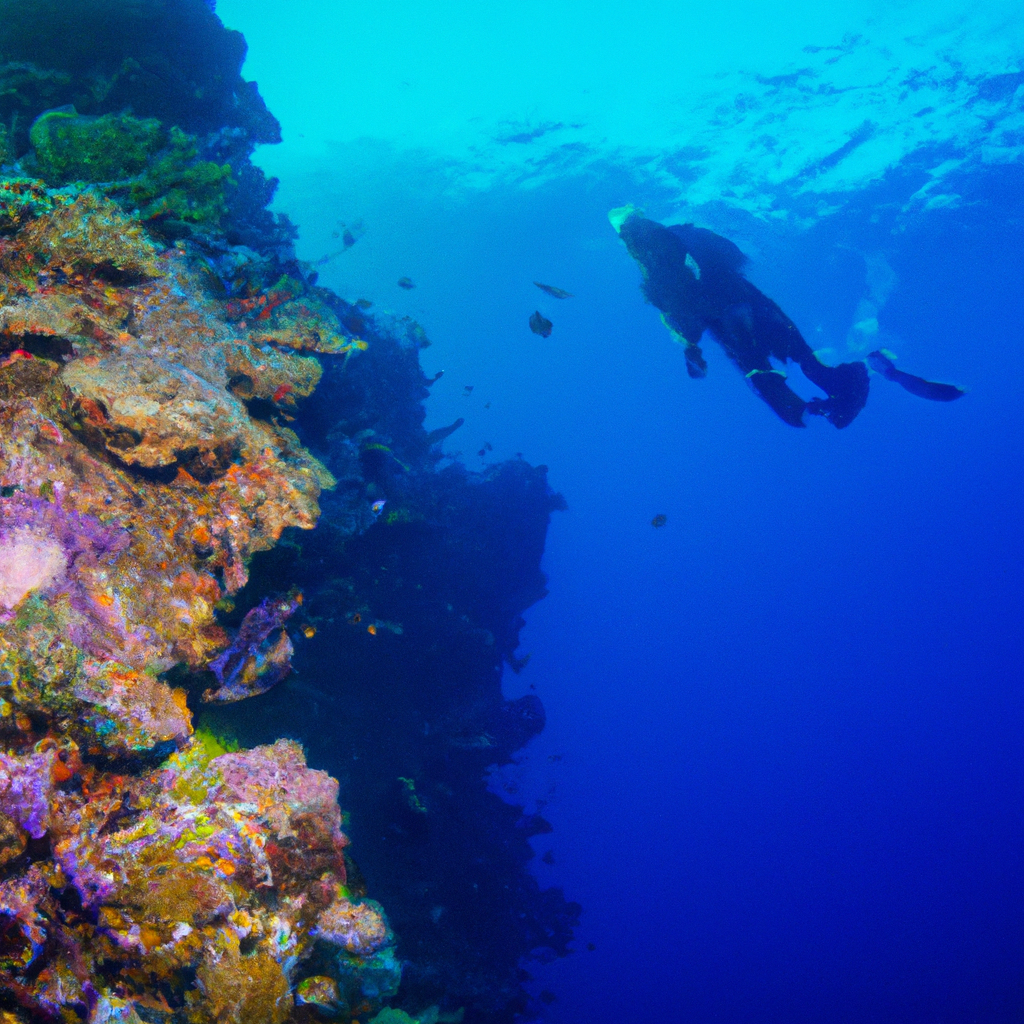
Welcome to our comprehensive guide on unlocking the secrets of the longest recorded time spent underwater! In this article, we will delve into the fascinating world of endurance diving, exploring the techniques, training, and mental fortitude required to stay submerged for extended periods. Prepare to be amazed as we uncover the remarkable stories of individuals who have pushed the limits of human capability in the depths of the ocean. Join us on this extraordinary journey as we unravel the mysteries of endurance and discover what it takes to reach new depths!
The Breath-Holding Phenomenon
Breath-holding, also known as apnea diving, is the cornerstone of endurance diving. This remarkable ability to hold one’s breath for an extended period is not only a physiological phenomenon but also a testament to the power of the human mind. To understand the secrets behind breath-holding, we need to explore the intricate relationship between the body and the mind.
The Physiology of Breath-Holding
When we submerge ourselves underwater, our body undergoes a series of remarkable adaptations to conserve oxygen and withstand the pressure. As we take our last breath before diving, our body activates several physiological responses that help us endure the lack of oxygen.
The first adaptation is the mammalian diving reflex, a set of reflexes triggered by the cold water contacting our face. This reflex causes our heart rate to slow down, redirecting blood flow to vital organs such as the brain and heart. Additionally, our blood vessels constrict to reduce blood flow to non-essential areas, further conserving oxygen.
Another crucial adaptation is the spleen’s role in breath-holding. The spleen acts as a reservoir for oxygenated red blood cells, releasing them into circulation during prolonged dives. This mechanism provides an additional oxygen supply, enabling endurance divers to extend their time underwater.
The Mental Aspect of Breath-Holding
While the physical adaptations play a significant role in breath-holding, the mental aspect cannot be underestimated. Endurance divers must possess exceptional mental fortitude to overcome the natural urge to breathe and the potential discomfort experienced during prolonged submersion.
Mental training techniques such as meditation, visualization, and breath control exercises are essential in preparing the mind for the challenges of breath-holding. By practicing these techniques, divers can enhance their focus, concentration, and ability to remain calm under pressure.
Training for Endurance Diving
Endurance diving requires meticulous training to develop the necessary physical and mental attributes. Let’s explore the key components of training that allow divers to push their limits and stay submerged for extended periods.
Physical Conditioning
Physical fitness plays a crucial role in endurance diving. Divers must possess excellent cardiovascular endurance, muscular strength, and flexibility to withstand the physical demands of prolonged submersion. Incorporating activities such as swimming, running, and strength training into a regular exercise routine can significantly enhance a diver’s overall fitness level.
Breath-Holding Techniques
To increase breath-holding capacity, divers must practice specific techniques aimed at improving lung capacity, oxygen utilization, and CO2 tolerance. Exercises such as static apnea, dynamic apnea, and CO2 tables are commonly used to train the body to adapt and endure longer breath-holding periods.
Mental Preparation
As mentioned earlier, mental preparation is equally important in endurance diving. Divers must develop mental resilience, focus, and the ability to manage stress and anxiety. Visualization exercises, meditation, and positive affirmations can help divers cultivate a strong and unwavering mindset, enabling them to overcome the challenges encountered during extended dives.
The Legends of Endurance Diving
Throughout history, several individuals have pushed the boundaries of endurance diving, setting records and inspiring future generations. Let’s explore the remarkable stories of some of these legends:
Jacques Mayol – The Dolphin Man
Jacques Mayol, also known as “The Dolphin Man,” was a pioneering freediver who revolutionized the sport of breath-holding. He set numerous records and was the first person to descend below 100 meters (328 feet) on a single breath. Mayol’s deep connection with the ocean and his ability to hold his breath for extended periods captivated the world, making him a true legend in the world of endurance diving.
Natalia Molchanova – The Queen of Freediving
Natalia Molchanova, often referred to as “The Queen of Freediving,” was a Russian freediver who dominated the sport for many years. She held over 40 world records and was known for her exceptional breath-holding abilities. Molchanova’s dedication, skill, and unwavering determination made her an icon in the world of endurance diving, inspiring countless individuals to pursue their own underwater dreams.
Conclusion
In conclusion, the secrets of the longest recorded time spent underwater lie in the physical adaptations of the body and the mental fortitude of the diver. By understanding the physiology of breath-holding and engaging in proper training, individuals can unlock their potential and achieve remarkable feats of endurance. The legends of endurance diving, such as Jacques Mayol and Natalia Molchanova, serve as a testament to the human spirit and the limitless possibilities that lie beneath the ocean’s surface.
Embark on your own journey of exploration and self-discovery as you dive into the depths of endurance. Push your limits, challenge your boundaries, and unlock the secrets that await in the mesmerizing world beneath the waves. Let the ocean be your guide as you strive to surpass the longest recorded time spent underwater and leave a lasting legacy in the realm of endurance diving.





